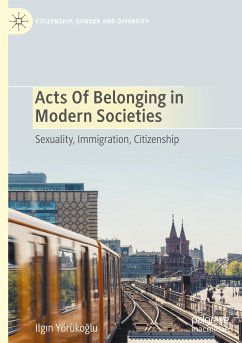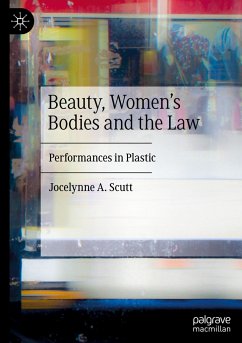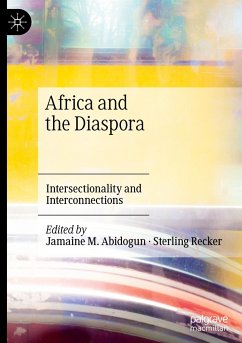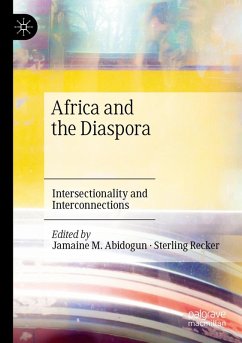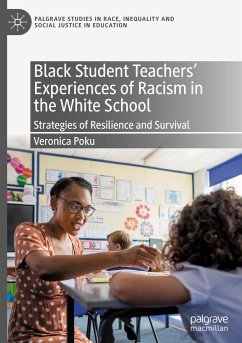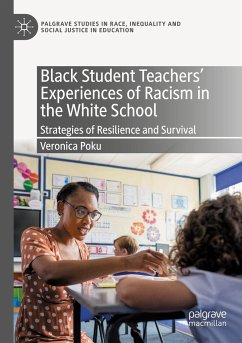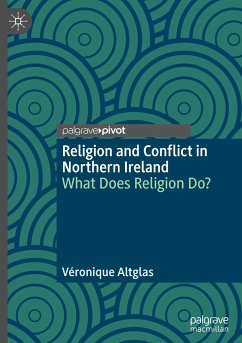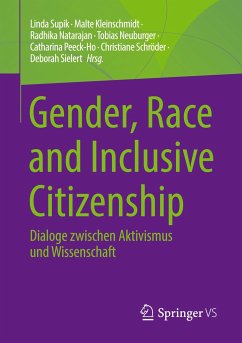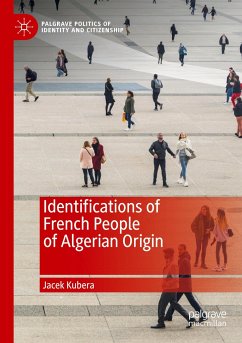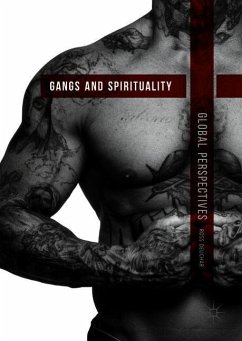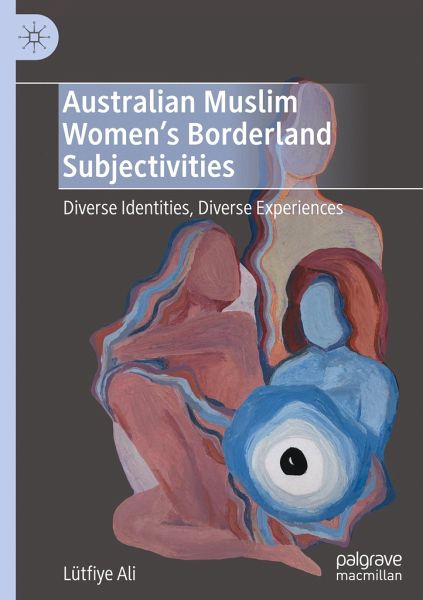
Australian Muslim Women's Borderland Subjectivities
Diverse Identities, Diverse Experiences
Versandkostenfrei!
Versandfertig in 6-10 Tagen
91,99 €
inkl. MwSt.
Weitere Ausgaben:

PAYBACK Punkte
46 °P sammeln!
This book claims a discursive space in academic scholarship for knowledges and ways of knowing that capture the diversity, complexity and full humanness of Australian Muslim women's subjectivities. It draws on in-depth conversational interviews with 20 Australian Muslim women from various ethnic backgrounds during which the women shared their experiences of being at the crossroads of their religious, gendered, racialised and ethnic identities. The book puts forward a decolonial feminist border methodology by weaving the work of decolonial feminist philosophers Maria Lugones and Gloria Anzaldú...
This book claims a discursive space in academic scholarship for knowledges and ways of knowing that capture the diversity, complexity and full humanness of Australian Muslim women's subjectivities. It draws on in-depth conversational interviews with 20 Australian Muslim women from various ethnic backgrounds during which the women shared their experiences of being at the crossroads of their religious, gendered, racialised and ethnic identities. The book puts forward a decolonial feminist border methodology by weaving the work of decolonial feminist philosophers Maria Lugones and Gloria Anzaldúa with postmodern feminist thinking on subjectivity and with discourse analysis. This methodology is used to centre and attend to the fluidity and plurality of Muslim women's subjectivities, at the intersections of race, ethnicity, patriarchy, gender, sexuality and Islam.





